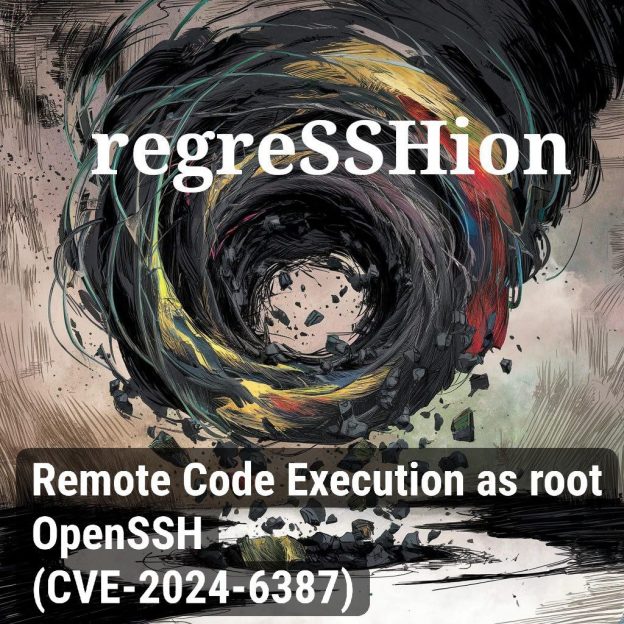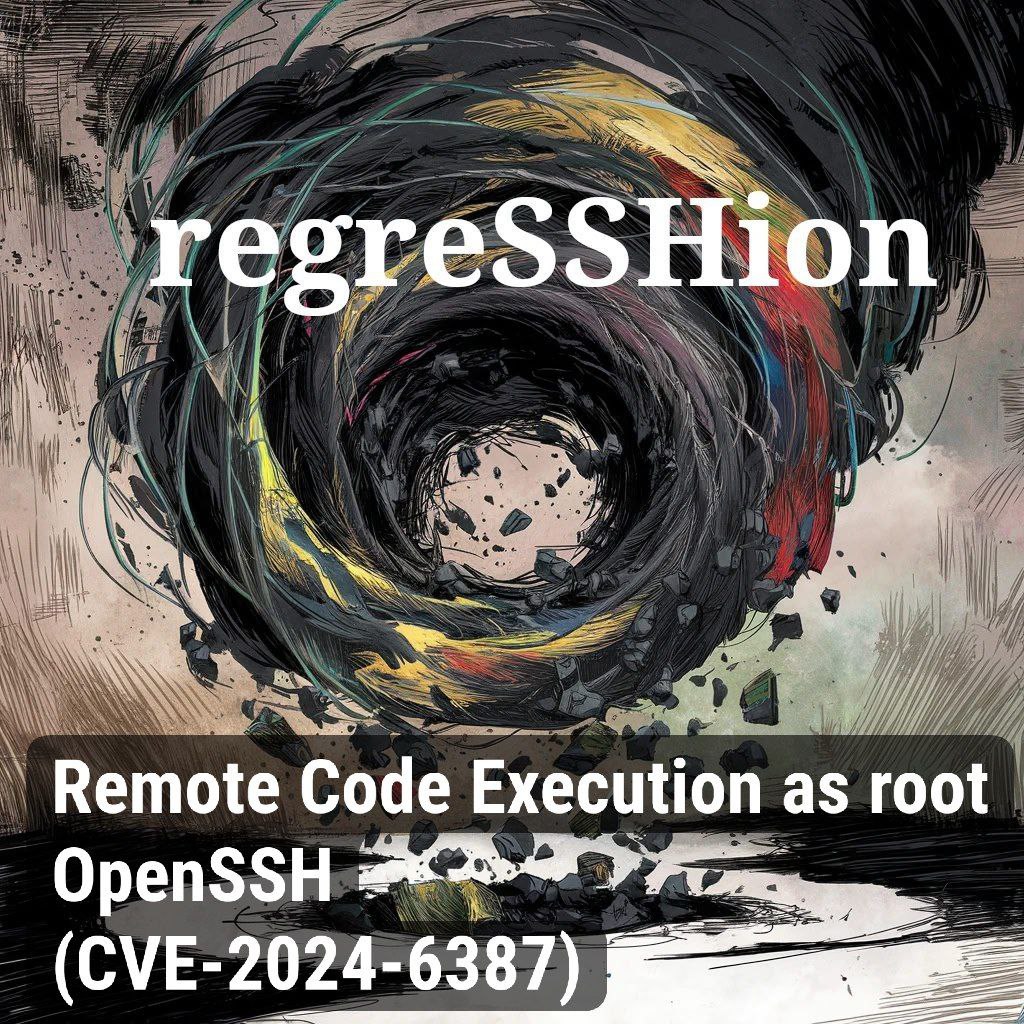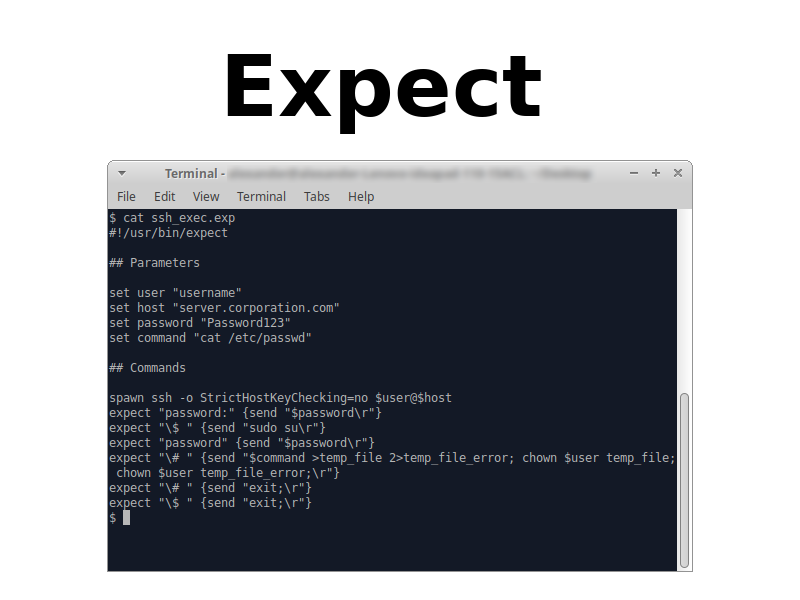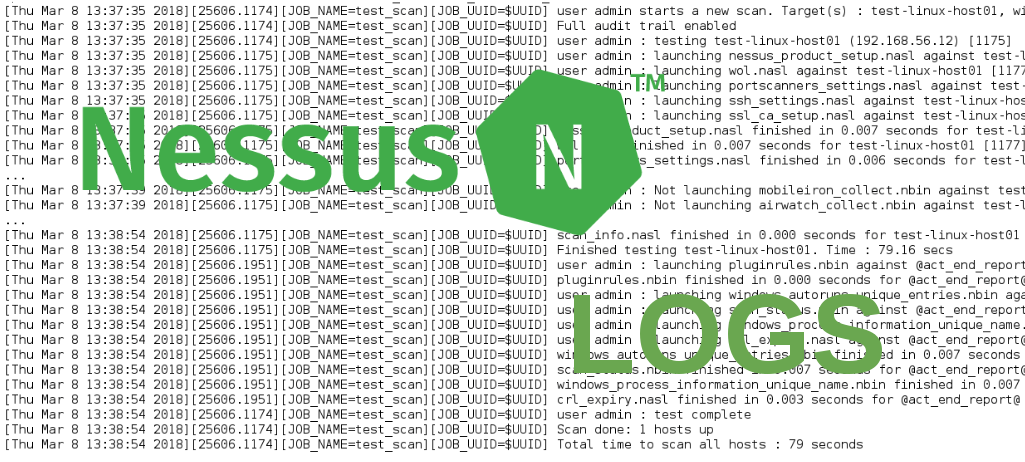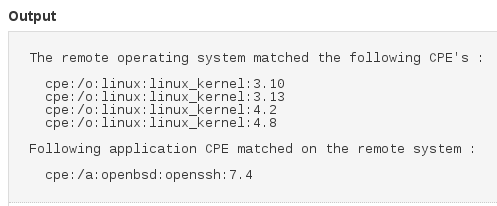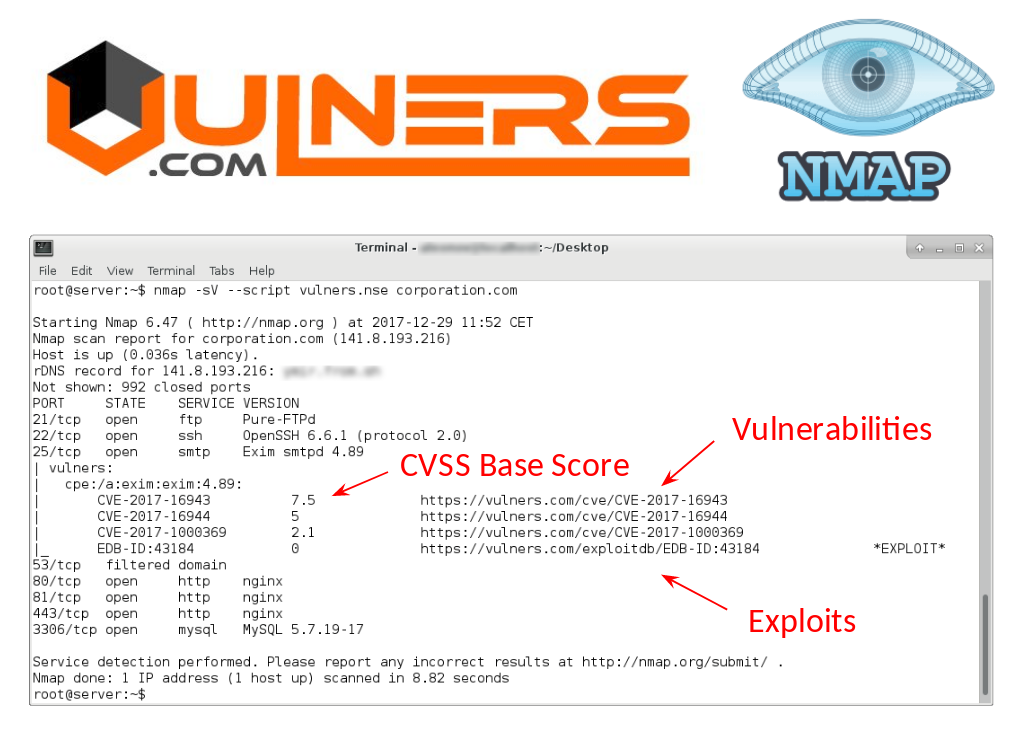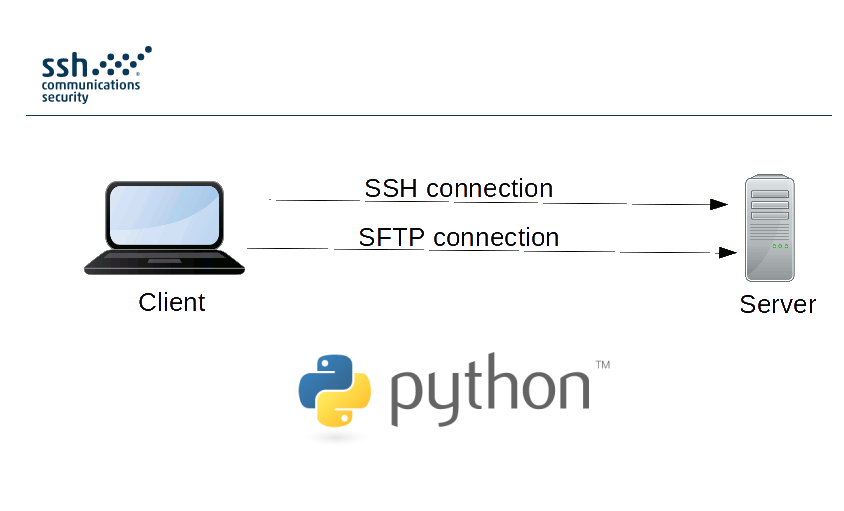
October Linux Patch Wednesday. In October, Linux vendors began addressing 801 vulnerabilities, slightly more than in September. Of these, 546 are in the Linux Kernel. One is being exploited in the wild:
🔻 EoP – VMware Tools (CVE-2025-41244). This vulnerability has been exploited since October 2024, and public exploits are available. According to the description, exploitation requires VMware Aria Operations.
Public or suspected exploits exist for 39 more vulnerabilities, including:
🔸 RCE – Redis (CVE-2025-49844 – RediShell, CVE-2025-46817), OpenSSH (CVE-2025-61984), 7-Zip (CVE-2025-11001, CVE-2025-11002)
🔸 EoP – FreeIPA (CVE-2025-7493), Asterisk (CVE-2025-1131)
🔸 SQLi – MapServer (CVE-2025-59431)
🔸 SFB – authlib (CVE-2025-59420)
🔸 MemCor – Binutils (CVE-2025-11082 and 7 more), Open Babel (CVE-2025-10995 and 6 more)


